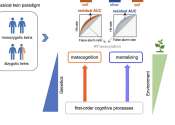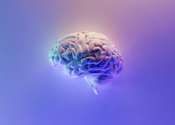Bursts of beta rhythms implement cognitive control: Studying these bursts may improve understanding of cognition
Bursts of brain rhythms with "beta" frequencies control where and when neurons in the cortex process sensory information and plan responses. Studying these bursts would improve understanding of cognition and clinical disorders, ...
Apr 23, 2024
0
61









